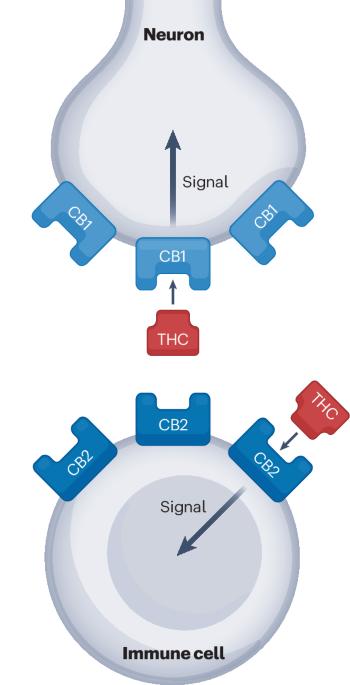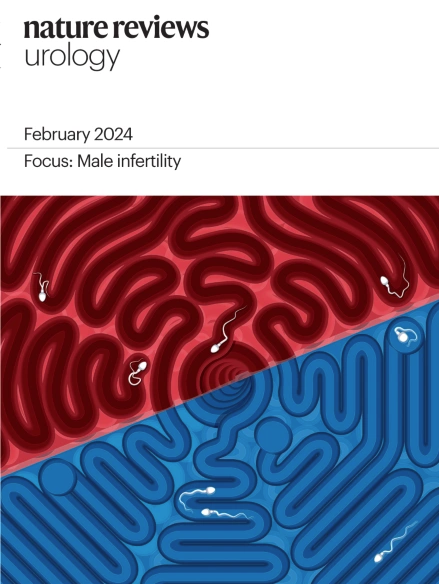Influence of substance use on male reproductive health and offspring outcomes
IF 12.1
1区 医学
Q1 UROLOGY & NEPHROLOGY
引用次数: 0
Abstract
The prevalence of substance use globally is rising and is highest among men of reproductive age. In Africa, and South and Central America, cannabis use disorder is most prevalent and in Eastern and South-Eastern Europe, Central America, Canada and the USA, opioid use disorder predominates. Substance use might be contributing to the ongoing global decline in male fertility, and emerging evidence has linked paternal substance use with short-term and long-term adverse effects on offspring development and outcomes. This trend is concerning given that substance use is increasing, including during the COVID-19 pandemic. Preclinical studies have shown that male preconception substance use can influence offspring brain development and neurobehaviour through epigenetic mechanisms. Additionally, human studies investigating paternal health behaviours during the prenatal period suggest that paternal tobacco, opioid, cannabis and alcohol use is associated with reduced offspring mental health, in particular hyperactivity and attention-deficit hyperactivity disorder. The potential effects of paternal substance use are areas in which to focus public health efforts and health-care provider counselling of couples or individuals interested in conceiving. Paternal substance use is associated with adverse effects on male reproductive health and offspring health outcomes. Comprehensive counselling by health-care providers and improved public health measures, especially targeting reproductive-age men, are needed.

使用药物对男性生殖健康和后代结果的影响
全球使用药物的流行率正在上升,其中育龄男性的流行率最高。在非洲、南美洲和中美洲,大麻使用障碍最为普遍,而在东欧和东南欧、中美洲、加拿大和美国,阿片类药物使用障碍则占主导地位。使用药物可能是全球男性生育率持续下降的原因之一,新出现的证据表明,父亲使用药物与对后代发育和结果的短期和长期不利影响有关。鉴于药物使用正在增加,包括在 COVID-19 大流行期间,这一趋势令人担忧。临床前研究表明,男性在孕前使用药物会通过表观遗传机制影响后代的大脑发育和神经行为。此外,调查产前期间父亲健康行为的人类研究表明,父亲使用烟草、阿片类药物、大麻和酒精与后代心理健康下降有关,特别是多动和注意缺陷多动障碍。父亲使用药物的潜在影响是公共卫生工作和医疗保健提供者对有意怀孕的夫妇或个人进行咨询的重点领域。
本文章由计算机程序翻译,如有差异,请以英文原文为准。
求助全文
约1分钟内获得全文
求助全文
来源期刊

Nature Reviews Urology
医学-泌尿学与肾脏学
CiteScore
12.50
自引率
2.60%
发文量
123
审稿时长
6-12 weeks
期刊介绍:
Nature Reviews Urology is part of the Nature Reviews portfolio of journals.Nature Reviews' basic, translational and clinical content is written by internationally renowned basic and clinical academics and researchers. This journal targeted readers in the biological and medical sciences, from the postgraduate level upwards, aiming to be accessible to professionals in any biological or medical discipline.
The journal features authoritative In-depth Reviews providing up-to-date information on topics within a field's history and development. Perspectives, News & Views articles, and the Research Highlights section offer topical discussions and opinions, filtering primary research from various medical journals.
Covering a wide range of subjects, including andrology, urologic oncology, and imaging, Nature Reviews provides valuable insights for practitioners, researchers, and academics within urology and related fields.
 求助内容:
求助内容: 应助结果提醒方式:
应助结果提醒方式:


